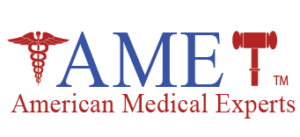Myofascial Pain Expert Witness
Myofascial pain syndrome is a chronic pain condition. This disease is closely related to fibromyalgia. The causes of this disease are relatively unknown; however, there appear to be hereditary ties. The most common form of treatment for myofascial pain syndrome is drug therapy.

